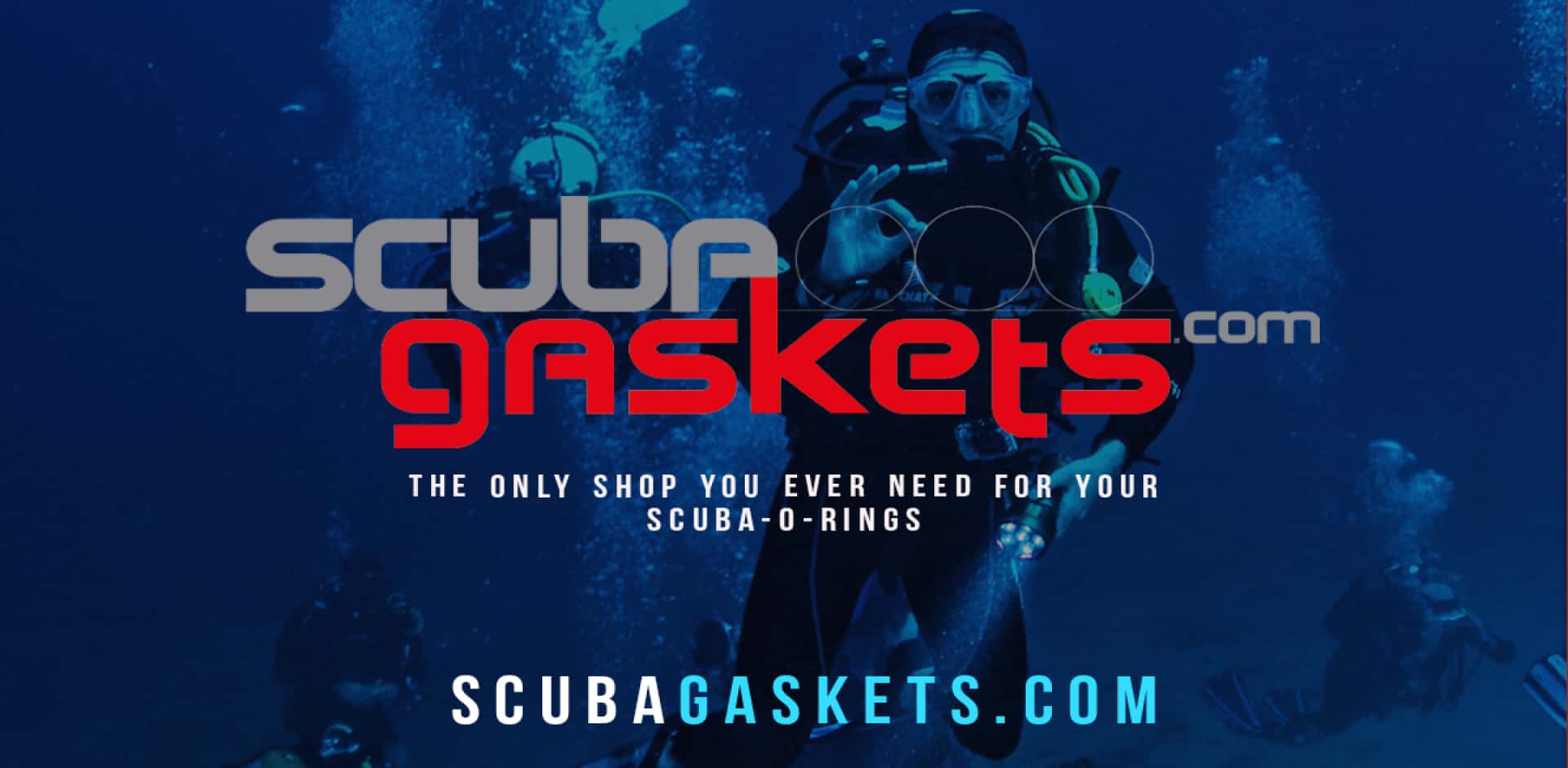sunny_diver
Registered
I took the PSI-PCI Oxygen Cylinder Cleaning Technician course, but it only covered cylinders, just like the name says. The course did not cover cleaning regulators for oxygen service.
- Is there a Scubapro Mk25 service kit for oxygen service? I haven't found one.
- I don't believe O2-cleaning a second stage is necessary, since it should never see high pressure O2. Correct? (But what if the first stage malfunctions?)
- If there are no special O2-clean kits, why are shops charging extra for O2-cleaning of regs?




